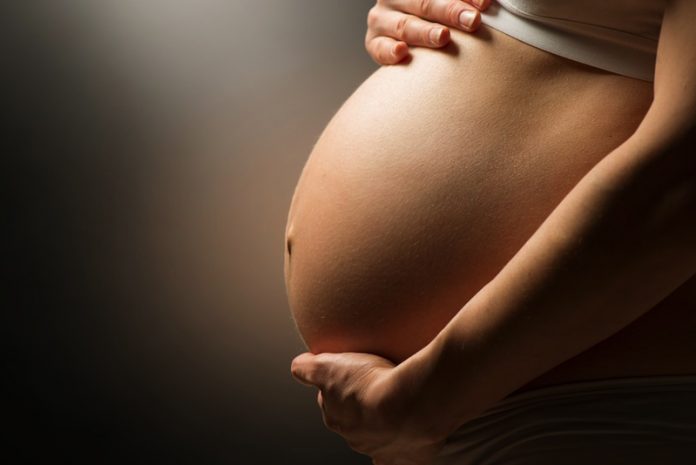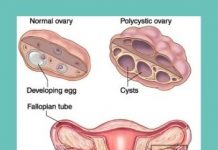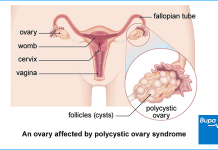A wide variety of different factors and complications may be associated with those who have a history of or who may currently be suffering from an eating disorder. This article aims to explore the associated risks and implications that may occur in anorexia from preconception through to birth with key areas to be examined listed below.
- Risks of infertility in anorexia
- Risks of pregnancy in anorexia
- Risks of childbirth in anorexia
Anorexia and Infertility
Impaired fertility is recognised to be one of the many silent, physical symptoms associated with anorexia nervosa. The good news is that women who have suffered from long-term anorexia and have not menstruated in years may have their fertility levels restored once normal weight has been achieved. Although there is increasing evidence to suggest that this is not always the case. However, young sufferers with primary amenorrhea may suffer permanent damage and never begin to menstruate even if they reach a healthy weight. Research indicates significantly higher levels of infertility in anorexia patients compared to the general female population. Male sufferers of anorexia may also have infertility symptoms such as decreased sperm production.
Anorexia and Pregnancy
Pregnancy may affect women with a history of or current anorexia in very different ways and many suffer less eating disorder symptoms which is most likely due to the increased amount of estrogen produced at this time. However, women who continue to use dangerous eating disorder behaviours such as laxatives, diet pills, purging and diuretics are at an increased risk of complications during pregnancy. Eating disorder sufferers who fail to gain sufficient weight may require periods of hospitalisation in order to receive intravenous feeding. In addition if a patient has not been in recovery for long they are at risk of relapsing at this time. The development of the foetus may also be negatively impacted which increase the risk of miscarriage.
Anorexia and Childbirth
Anorexia sufferers who continue to engage in behaviours such as purging methods are also at a greater risk of labour and post-natal complications including Cesarean delivery, vaginal bleeding, hypertension and post-natal depression. There is also a recognised link between eating disorders and difficulty in breastfeeding. It is for all of the above reasons that women with a history of anorexia nervosa require ongoing support and regular monitoring from their treatment team throughout this period. Additional support is also necessary from the sufferer’s obstetrician and midwife who should be made aware of any eating disorder symptoms or history as soon as possible.
For those who suffer from eating disorders, consider getting help from a professional eating disorder center.











